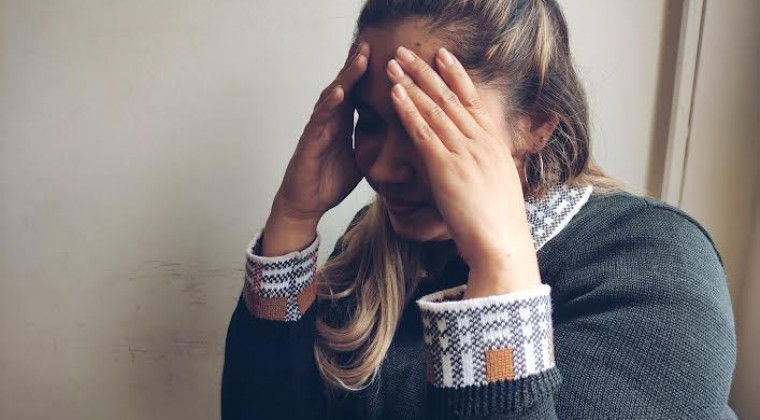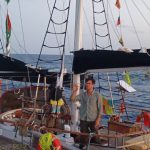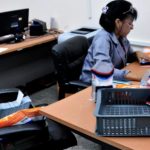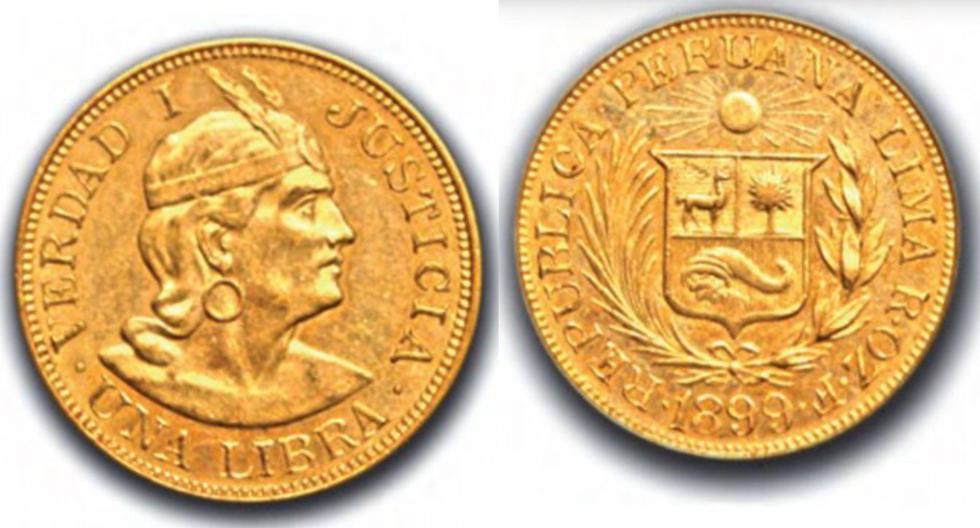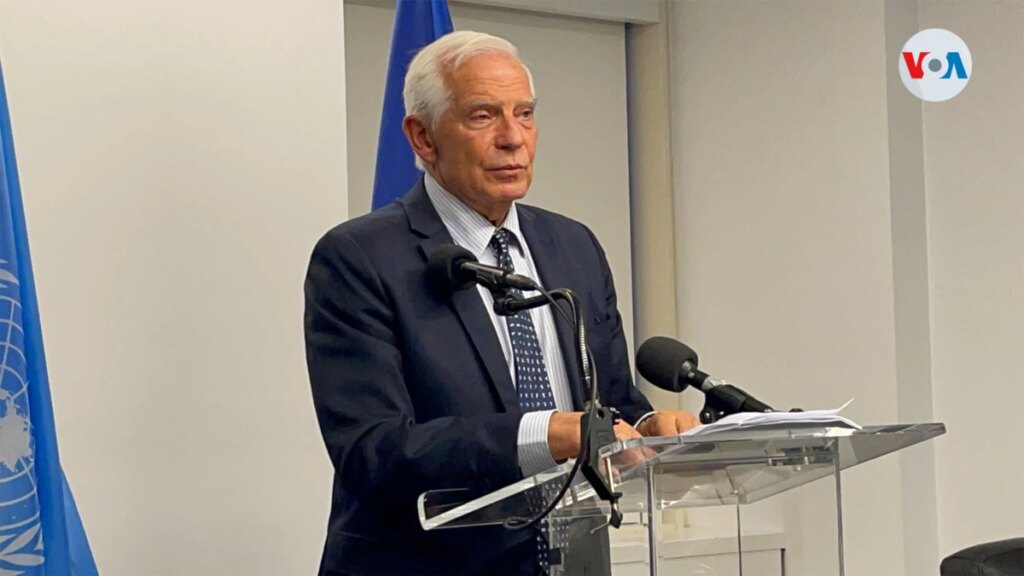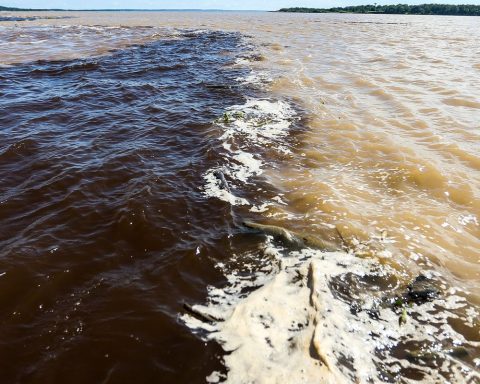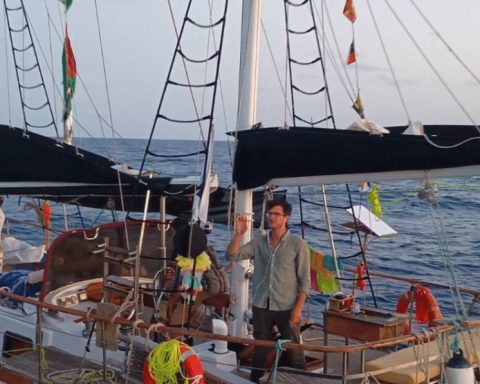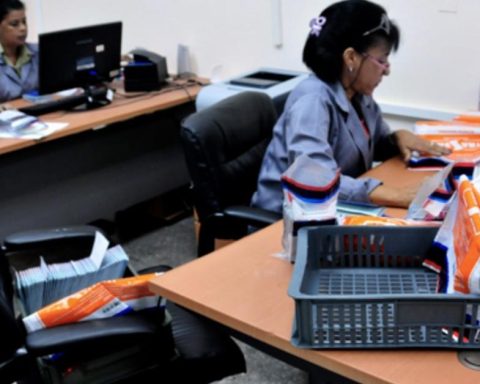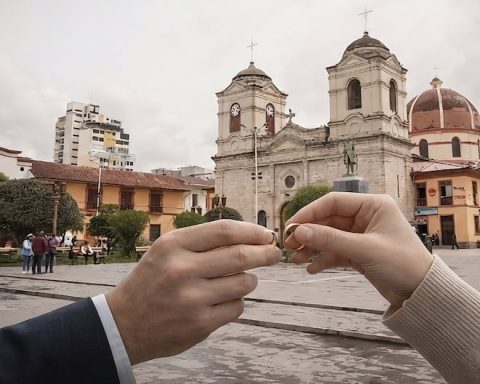Senator Enrique Riera presented a compendium of the drug trafficking boom and estimates that there are 500 registered tracks, the rest is at the discretion of drug traffickers and outside the radar of the authorities. Likewise, he questions the null controls of air space and river ports, an ineffective task of the Air Force, Senad, Dinac, Customs, Ports, and other institutions.
Source: The Nation
Criminal organizations have strengthened their trafficking operations from Paraguay taking advantage of the weaknesses that the Republic has, in the last years of the government of Mario Abdo Benítez. Our country has zero control over its airspace, to which are added ineffective surveillance actions at river posts.
According to data collected and indicated in the report on the behavior of the drug business exposed by Senator Enrique Riera during his meetings in the United States, it is estimated that there are approximately 2,200 landing strips for small planes in Paraguay, of which only a little more 500 aerodromes would be registered with the National Directorate of Civil Aeronautics (Dinac).
:quality(70)/cloudfront-us-east-1.images.arcpublishing.com/lanacionpy/GORD7MD3WNASFKAXO37KWB6ZUU.jpg)
This means that nearly 1,700 clandestine airstrips would be at the mercy of transnational organized crime so that drug planes with full loads of cocaine land on our soil. But in addition to these multiple options that drug trafficking pilots have to get off, another essential point is that there is no effective and efficient technology for airspace inspection.
This is one of the great shortcomings in terms of security that Paraguay is going through, the lack of surveillance and protection of the national airspace. And it is that the Paraguayan Air Force does not fulfill its constitutional mission, which is to contribute to national defense in the aerospace field, in order to exercise effective sovereignty of the airspace.
Organized crime takes advantage of this situation to use our country as a route, transit and collection center for cocaine to be sent to other parts of the planet.
However, to this harsh reality of ours we must also add that hundreds of tons of cocaine are sent from our ports to Africa, Asia and mainly Europe.
:quality(70)/cloudfront-us-east-1.images.arcpublishing.com/lanacionpy/YHFJ4A6P4VGY7NJDBSA4Q22TGQ.jpg)
In this sense, Senator Riera’s dossier adds that the National Customs Directorate is also part of the group of institutions that contribute little or nothing in the fight against drug trafficking. He adds that it claims not to have equipment or monetary resources to have scanners. Containers contaminated with cocaine pass through customs checkpoints without much difficulty.
The evidence is clear. From 2020 to date, national and international organizations seized 47,538 kilos. These cargoes passed through Paraguayan ports without being detected by the controls of the National Administration of Navigation and Ports (ANNP), the National Customs Directorate and the National Anti-Drug Secretariat (Senad).
A relevant fact that indicates the document presented by the legislator says that experts estimate that the seizures represent 10% or less of the total value exported, therefore, it is presumed that some 470 thousand kilos of cocaine passed through Paraguay in the last three years , whose value would be around US$ 25,000 million.
Likewise, Riera points out in his report that the ANNP does not control 80% of the shipments that leave private ports, and that statistically, they are the most vulnerable areas for drug exports, contaminating containers and then sending the cargo to the world through the Paraguay-Paraná waterway.
Senator Enrique Riera mentions in his report that the history of countries that have already gone through this shows that the first thing the drug business does is use money to infiltrate law enforcement and security institutions. “Not only do they avoid detection, but they are generally protected by the authorities who are corrupted by money,” the document states.
In this situation there are several examples of links with drug trafficking, as is the case of the relationship between former Senad and Interior Minister Arnaldo Giuzzio and Brazilian capo Marcus Vinicius Espíndola Marqués de Padua. Like Giuzzio’s former secretary, the current Senad minister, Zully Rolón, who signed agreements with former deputy Juan Carlos Ozorio, captured and prosecuted in the framework of the A Ultranza Py operation.
De Rolón also questions a series of actions in anti-drug operations, as well as the leaks carried out in favor of criminal organizations investigated by his agency.
